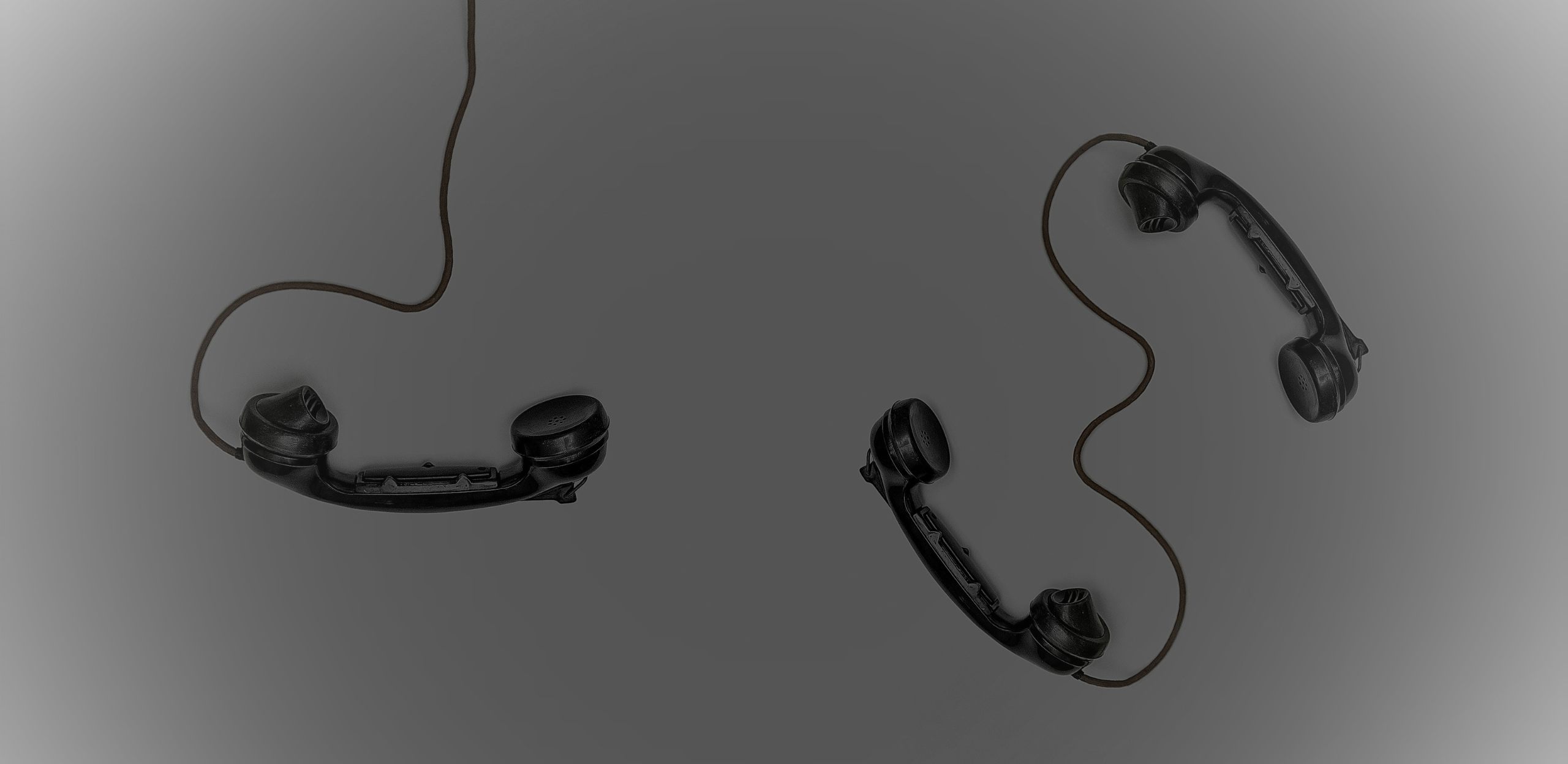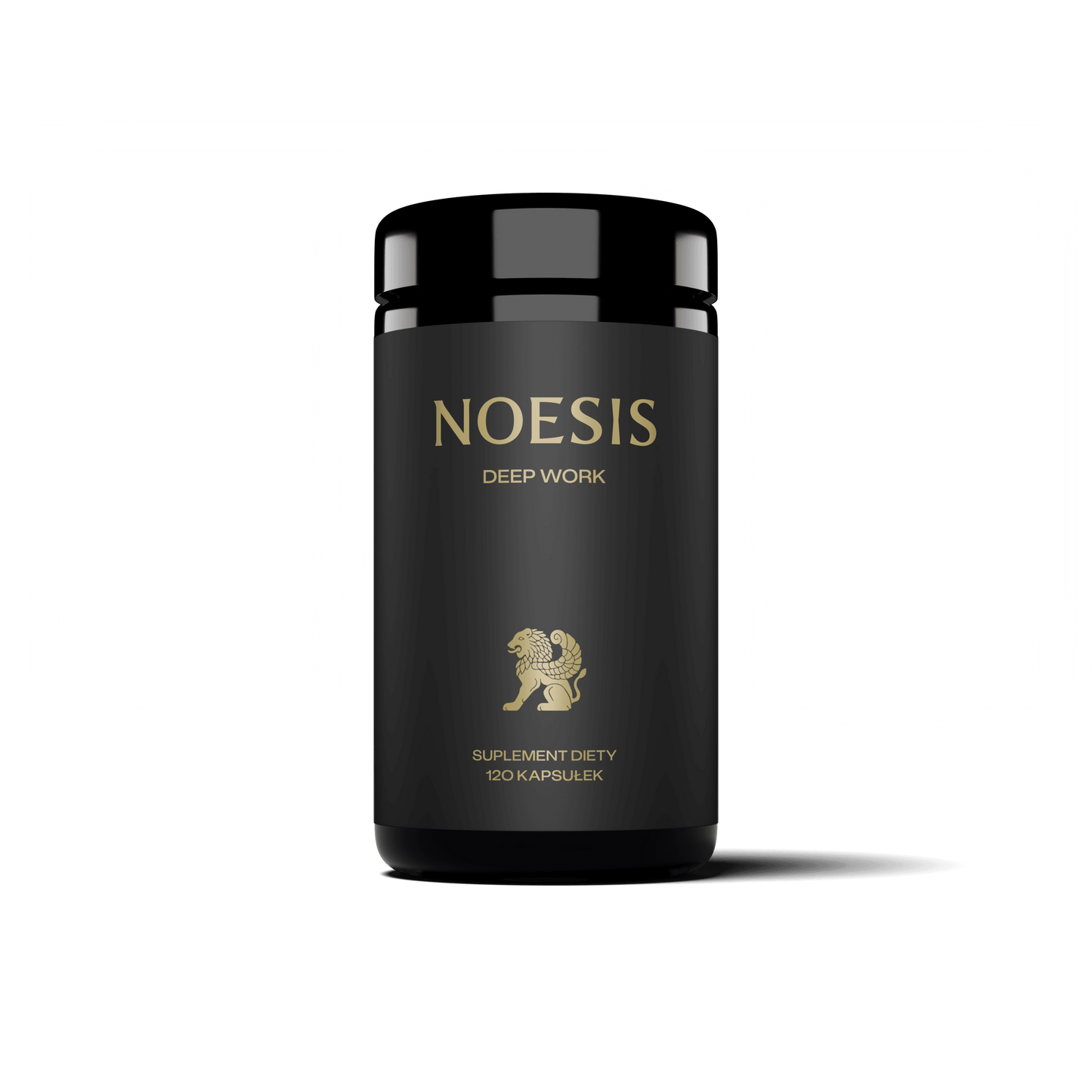
Communication without self-confidence is like a Ferrari without fuel – it won’t go far. Self-confidence is the foundation of effective communication. It allows for ease in social interactions. People who are not afraid to express themselves gain an advantage in both their professional and personal lives because they can handle stressful situations. Don’t worry, self-confidence is not a magic power, but a skill that you can develop!
What happens in our body when we experience excessive stress?
Under stress, the autonomic nervous system activates the “fight or flight” response, which is a primal survival mechanism encoded in our brains over millions of years of evolution. The body responds by increasing the heart rate and blood flow to prepare the body for an immediate response. The pupils also dilate, muscle tension increases, and adrenaline and cortisol are produced, which affects reflexes and concentration.

In today's world, we don't have to run away or fight. The reaction that was once a survival mechanism is now triggered in situations that don't pose a real threat, such as talking to strangers or calling a stranger. In such cases, overstimulation can lead to undesirable effects, such as a dry mouth or a feeling of "freezing". This happens because our body interprets a stressful situation as a threat, even if the reality is different. The key is to understand why we react in a certain way and learn how to control it.
Stress phases – how to prevent long-term stress?
Stress has three phases: alarm, adaptation, and exhaustion. Each of these has a different effect on the body and can lead to serious health consequences. What are the symptoms of stress?
Alarm phase
This is the moment when the body responds to a stressor by activating the "fight or flight" response. There is a release of adrenaline, an increase in heart rate, an increase in blood pressure and muscle tension. At this stage, there may be arousal and even a temporary improvement in the body's concentration and efficiency. This is a defense mechanism that helps to react quickly in crisis situations.
Adaptation phase
If the stressor does not go away, the body tries to adapt to the new situation. The level of cortisol in the body remains elevated, which can cause sleep disorders, digestive problems and a worsening of well-being. At this stage, the first symptoms of chronic stress often appear, such as irritability, difficulty concentrating and a decrease in immunity.
Exhaustion Phase
When stress lasts for a long time, the body is no longer able to compensate for its effects. Energy resources are depleted, which can lead to insomnia, chronic fatigue, anxiety disorders, and even depression. At this stage, somatic complaints such as muscle pain, abdominal pain, tension in the body, and weakened immunity also often occur, which increases susceptibility to infections and the likelihood of developing more serious diseases.
Good stress - does it exist?
You already know the phases of stress. You know that not all of them are harmful. Short-term stress can have a motivating effect, increasing concentration and energy to act. It acts like an adrenaline rush, allowing us to think faster, react better and solve problems more effectively.
Athletes experience stress before competitions, which stimulates their body to achieve better results. Even in everyday life, when you have a tight schedule at work, moderate stress can motivate you to organize your time better and act more effectively.
The key is to learn how to transform stress from a brake into a motivation to act. Stress will stop taking control of your life, and you will take control. Instead of thinking of stress as something negative, it is worth treating it as a signal to take action and a challenge that can be transformed into success.

How does chronic stress lower self-esteem?
Chronic stress leads to a decrease in self-confidence. Usually, the fear of a conversation or asking a simple question is a product of our imagination. The longer we think about something, the more we get worked up, creating the worst-case scenarios in our head, which increases stress and makes us unable to break through.
If you often avoid contact with others or don't have the courage to ask about the simplest things, it's worth looking at ways to deal with stress. The sooner you decide to take action, the easier it will be to convince yourself that your fear was unfounded. Don't let negative thoughts take control.

Low self-esteem
Negative emotions resulting from a lack of self-confidence often lead to the false belief that we are worse than others, which increases stress in mundane situations. This can lead to avoiding challenges and isolating ourselves. Therefore, it is crucial to use proven methods and gradually build self-confidence.
The way we think about ourselves is crucial to our self-confidence. Our minds act as filters that decide what information we take in and how we interpret it. If we constantly focus on our failures and imperfections, we reinforce negative beliefs about ourselves, which leads to even more stress and lower self-esteem.
The first step to preventing this is analysis . Instead of interpreting negative thoughts as unquestionable truth, it’s worth taking a moment to analyze what made them appear in your head. For example, when a voice in your head whispers that you’re not enough, it’s worth asking yourself, “Do I have evidence of this? What are my behaviors that show this?”
The next step is to change your perspective . Change "I am not enough" to realistic and supportive affirmations, such as "Many people have similar concerns, but that doesn't mean I can't cope." A positive attitude and conscious shaping of your beliefs can help build identity and better resistance to stressors. This does not mean ignoring problems, but assessing them realistically and focusing on possibilities instead of limitations.
Another effective tool is visualizing success . Imagine yourself succeeding, making a phone call without complexes, achieving something that seems out of reach. The brain does not distinguish between real events and those intensely imagined. Use this and instead of thinking about what might go wrong and increasing stress, imagine how you feel, how you achieve success. Regular use of this method can help reduce stress and get used to new situations.
A technique that supports building a positive attitude is keeping a success journal . This involves writing down everyday, even small, achievements. This allows us to notice progress and overcome the tendency to belittle our own competences.
Additionally, surrounding ourselves with people who support our aspirations and believe in our abilities can significantly affect the way we think about ourselves and our own abilities. Self-confidence is a process that takes time, but every positive change, even the smallest, leads to lasting effects.

Why does avoiding interaction make things worse?
Think back to a situation where you had to call a stranger. Before you made the call, thoughts like: "What if I don't know what to say?", "What if the caller laughs at me?" might have crossed your mind. With every second you thought about what might happen, your stress increased, and your desire to make the call decreased. Think back to what happened after you made the call. In fact, in 99% of cases, the callers are neutral, even friendly. Your stress probably turned out to be unjustified, and you wasted your time and energy on tormenting yourself.
Avoiding conversations with others, isolating yourself, and postponing social contacts is one of the worst approaches to dealing with stress. The longer you wait, the more anxiety builds, and your mind starts to create worse and worse scenarios. Fear, which started out as just a mild anxiety, turns into an irrational certainty that every interaction will end in failure or humiliation.
Over time, avoidance becomes an automatic defense mechanism that, instead of helping, only makes the problem worse. The body begins to react more strongly – physical symptoms such as muscle tension, stomach pain, dry mouth or even panic attacks may appear. Each subsequent attempt to leave the comfort zone seems more difficult, leading to even greater isolation.

How to deal with stress in everyday situations?
It is crucial to realize that fear of human interactions is often irrational and based on exaggerated scenarios created by our mind.
The best way to break this vicious cycle is to consciously break the fear by gradually exposing yourself to social interactions. Start small – strike up a short conversation with a salesperson in a store, ask someone what time it is, and then gradually increase the difficulty of the situations you find yourself in. Each small interaction is a step towards greater freedom and self-confidence. The key is action – the longer you wait, the harder it will be to break out of the spiral of stress and anxiety.
Trust in yourself and your abilities helps to overcome fear. Next time, don't torment yourself with thoughts, take two deep breaths and just act! Sounds trivial? It is. We are the ones who decide how difficult a given action is. Don't let yourself go crazy and take control of your life!
Breathing as another way to deal with stress
Breathing techniques are some of the most effective stress management techniques. Deep, controlled breathing reduces the body's arousal and helps maintain mental balance. There are several effective methods that can be used in different situations.
Diaphragmatic breathing
The technique involves consciously breathing from your belly instead of your chest. Simply place your hand on your belly, take a slow, deep breath through your nose, filling the lower part of your lungs, and then slowly exhale through your mouth. It can be used before job interviews, public speaking, or important phone calls to calm your nervous system.
4-7-8 technique
It involves inhaling through your nose for 4 seconds, holding your breath for 7 seconds, and then slowly exhaling through your mouth for 8 seconds. It’s a great way to calm down before a stressful situation, such as a difficult conversation or a tense moment at work.
Box breathing
This is a technique used by special forces soldiers to quickly regain control over emotions. It involves inhaling for 4 seconds, holding the air for 4 seconds, exhaling for 4 seconds, and holding the breath again for 4 seconds. It is effective in situations where you need to quickly restore calm, such as before negotiations, exams, or phone calls with clients.
Regularly practicing breathing techniques helps with long-term stress management and improves your ability to cope with difficult situations.
Work and stress
At work, we often have to answer phones, talk to clients, or present results to a team, which results in high levels of stress. We may experience a dry mouth, trembling hands, or trouble finding the right words. These types of body reactions result from interpreting work conversations as threats, which leads to the activation of the autonomic nervous system.
To effectively deal with stress in such situations, proper preparation is key. First, it is worth doing breathing exercises before the conversation. Second, it is good to practice the conversation or prepare a list of key issues that you want to discuss. It is also important to change your perspective - instead of treating the conversation as an exam, it is worth looking at it as a simple exchange of information.
Additionally, using relaxation techniques, such as short meditation or visualizing a successful conversation, can significantly reduce stress levels. Building a sense of control over the situation through conscious preparation and the right attitude allows you to regain self-confidence and effectively manage organizational stress.

How to effectively deal with stress and regain control over your life?
The style of coping with stress affects how we function every day. It is worth testing different techniques, taking care of mental balance and working on self-confidence to be able to act freely in any situation.
Building self-confidence requires consistent work and breaking through your limitations. Every small interaction is a step towards greater freedom. Read, think about your barriers and start acting today!







